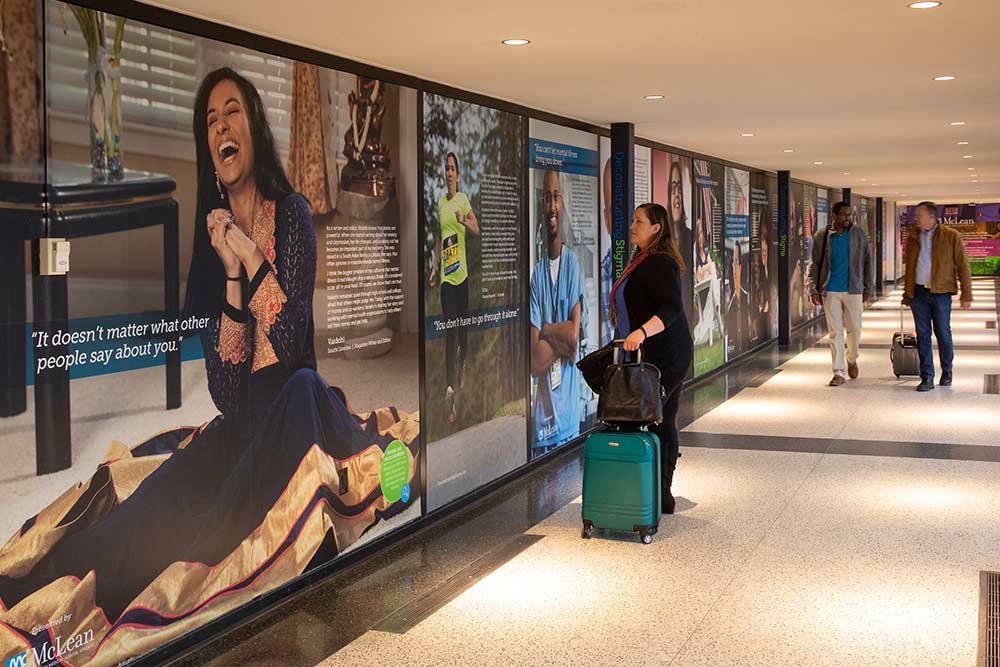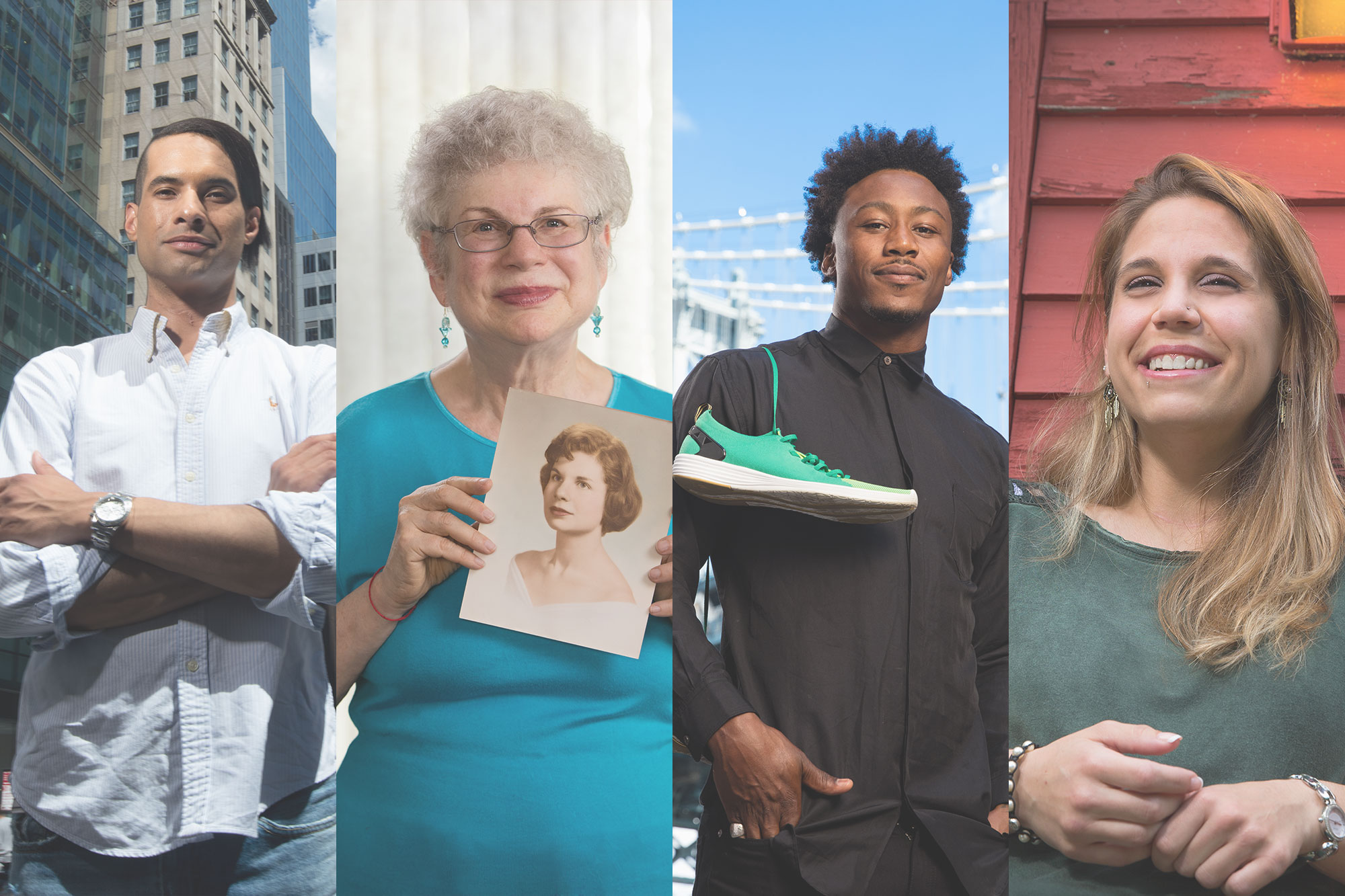Give yourself the chance to open up in a way that changes your life
Irene began experiencing mental health concerns as far back as her earliest memories of childhood.
She often experienced low mood, hypervigilance, and nightmares after her parents’ separated when she was 14 years old. These feelings would culminate in her having her first suicidal thought—feeling trapped in a strained family system and wishing she was no longer alive.
Irene also began to be impulsive, distractible, and high energy. Despite being at the top of her class in school and having many trusted friends, she struggled to complete homework efficiently and always felt different from other girls her age.
My friends would do their homework in 40 minutes and the same assignment would take me two hours.
I would be distracted with everything for hours and stay up all night, then sleep for two hours before school started. I was always told I could accomplish anything, but I was just being lazy.
She would come to describe her ADHD symptoms as a teen as background noise in her ear or like singing a tune in her head she could not turn off.
Being the “the golden child” of a large Greek-American family was an added pressure to be perfect—leading her to mask her struggles, in turn leaving them unseen by others .
After beginning her first semester at college, Irene’s depressive symptoms intensified, and she experienced her first hypomanic episode.
I started to feel super happy—on top of the world—and feel like I ‘made it out’ of my bad situation. I felt so in love with my boyfriend at the time and was doing very well in all of my classes.
During my second semester, everything suddenly became chaotic. The plummet was so dark and deep that my grades dropped to a 2.4 GPA. I never did so poorly in school in my life.
These overwhelming feelings pushed her to leave school and seek mental health treatment.
Throughout her early adulthood, Irene struggled to navigate the health care system, as well as face the discomfort of returning to therapy after having briefly sought help as a teenager.
As an adult now able to more consistently access resources, Irene was formally diagnosed with bipolar II and post-traumatic stress disorder (PTSD) in 2016, as well as attention-deficit/hyperactivity disorder (ADHD) in 2020.
With her resiliency and dedication to live a healthy life, paired with the support of the right therapist and psychiatrist, Irene returned to school.
She has pursued various successful treatment options, such as trauma-informed therapy, coping skills coaching, and medication. Despite many changes to her plan, she has seen significant progress and has built a strong, trusting relationship with her providers.
Treatment is a privilege I have financially—it is so worth the research, calls, consults, and insurance. My favorite doctors have been the ones who have talked to me like they would talk to anyone else. My only negative experience is seeing just how limited access is for others.
Irene also understands firsthand what it has felt like to be excluded and stereotyped by others based on her diagnoses. She has experienced bullying, disagreements with close friends, and a lack of familial support.
For these reasons and many others, Irene has made spreading mental health awareness and sharing her health care journey a priority.
In addition to telling her story with bipolar disorder openly on her Instagram page and in her personal life, she also works as a social worker, providing accessible community care and guidance to patients who have similarly experienced symptoms of depression, PTSD, and bipolar disorder.
Irene now lives with her husband and two dogs. When not traveling the country or providing services to her clients, she is working on her memoir—a book of poetry illustrating mental health challenges, difficult family dynamics, and the importance of remaining mindful of seeking healthy balance in our lives.
Going through it for your whole 20s is a big challenge—there is a lot of confusion, guilt, and regret about how things transpired, especially when you’re young and want to feel like everyone else.
By getting help, though, you’ll never lose anything from knowing yourself better.

